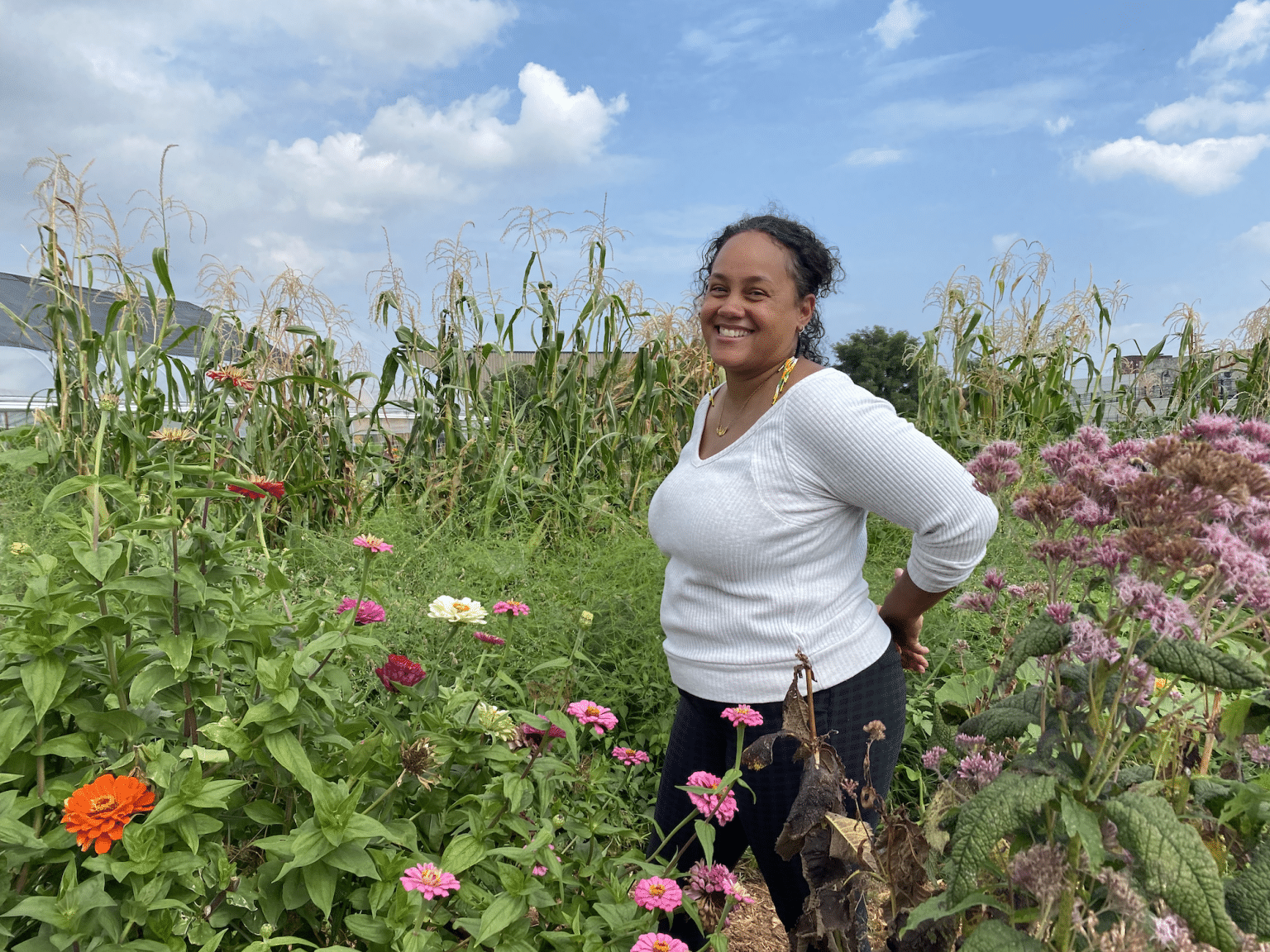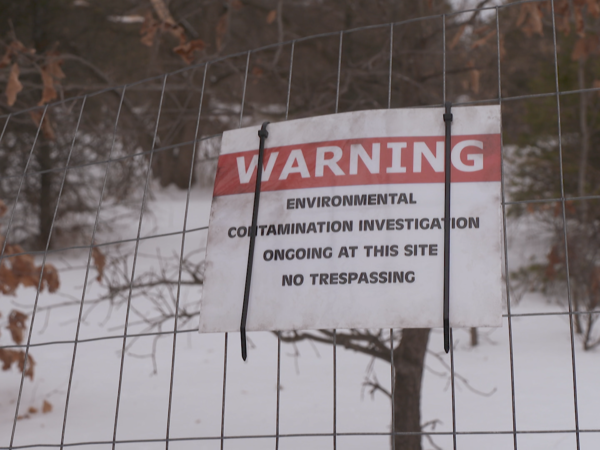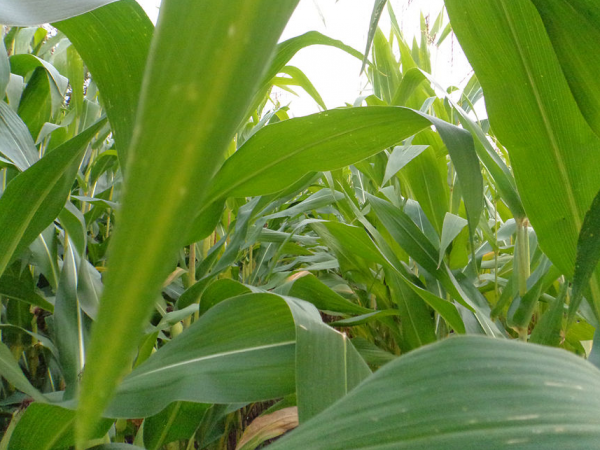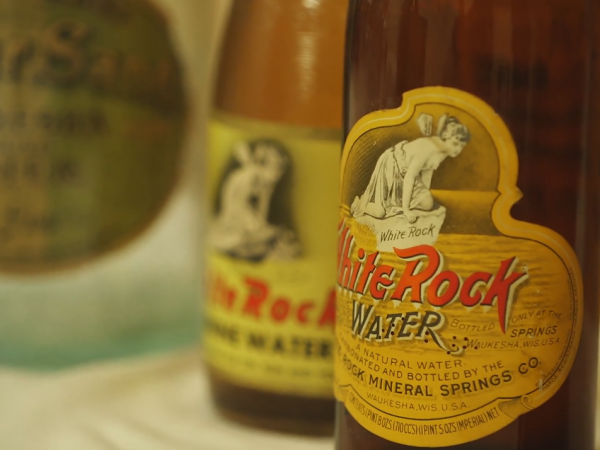
This article was republished here with permission from Planet Detroit.
By Nina Ignaczak, Planet Detroit
Detroit’s urban agriculture movement traces back to Hazen Pingree’s 1890s potato patch plan,World War II victory gardens, and Mayor Coleman Young’s Farm-A-Lot program in the 1970s. Over the past two decades, the movement evolved against the backdrop of municipal bankruptcy and population loss, representing a silver lining in the struggle with abandonment. It reflects Detroiters’ self-determination and resilience.
Programs like the Garden Resource Program, founded in 2003, and Grown in Detroit, founded in 2006, planted seeds for a growing movement. The founding of D-Town Farms, along with the Detroit Black Food Security Network, in 2008 and Keep Growing Detroit in 2013, reinforced the role of urban agriculture as a tool for building food security and food sovereignty for the city’s predominantly African American population.
Over the past decade, the movement has seen substantial growth, transitioning from a few community gardens to a network of approximately 2,200 gardens and farms engaging nearly 20,000 Detroiters as of 2o23. Projects like Oakland Avenue Farms and Neighbors Building Brightmoor integrate into the city’s fabric, supporting local economies and creating sustainable, community-driven food systems.
As it evolved, the movement faced ongoing conflicts and challenges with the city government over issues like permitting, irrigation, land ownership and farm animals. While other cities like Atlanta, Philadelphia, Boston and Washington, D.C. developed plans, ordinances and city offices, for many years, Detroit urban farming had little in the way of government infrastructure to support the movement.
That changed in September 2023 when the city of Detroit named Tepfirah Rushdan its first director of Urban Agriculture.
Before taking on the role, Rushdan was the co-director of Keep Growing Detroit, which supports urban farming through educational programs and resources for community gardens and households. She has also been involved with the Detroit Food Policy Council, served as the director of Urban Agriculture for The Greening of Detroit and co-founded the Detroit Black Farmer Land Fund, which provides capital for Black urban farmers to secure land and infrastructure.
Planet Detroit’s Nina Ignaczak caught up with Rushdan to discuss what she’s learned and what’s next for the Detroit urban farming movement.
This interview is lightly edited for length and clarity.
Six months into your role as Detroit’s first-ever director of urban agriculture, can you share your initial impressions?
The transition has been enlightening. I’m learning a lot, especially coming from a nonprofit background. I’ve been focused on understanding the landscape and identifying how to advocate for and implement urban agricultural initiatives effectively. Understanding the city’s departments and meeting with directors and the mayor has been pivotal.
When I first got on board, I made time to talk to all the director heads and council members to introduce myself. I also sat down and carved out priorities and ran them by the mayor. I’ve put my head down and begun pushing for some of the priorities the urban ag community has been discussing for so long.
What are your main priorities for your first year?
I’ve put all the work into about five buckets: land access, food systems, water access, community engagement and internal collaboration. Land access involves policy development for green spaces and composting, while food systems work aims at enhancing food waste diversion and improving local food supply chains. Water access is crucial for supporting community gardens and urban farms, particularly in managing resources efficiently. Community engagement is about maintaining dialogue with stakeholders to ensure urban agriculture policies meet community needs. Internally, I’m working with various city departments to align efforts and streamline processes related to urban agriculture.
Building on previous work, we’re developing land use policies for agriculture and community spaces and laying policy groundwork for composting to meet state regulations and city goals. These changes will provide legal grounding for diverse urban land uses and support food waste management. The goal is to integrate these practices into the city’s master plan, improving efficiency and reducing environmental impact.
Tell us more about the land use policies you are working to establish.
Detroit has an urban agriculture ordinance adopted in 2013 that defines the standards and creates definitions and appropriate accessory uses for gardens. Building off of some of the work that City Planner Kathryn Underwood was working on when she retired, I’m working with the city’s Buildings, Safety Engineering and Environmental Department (BSEED), and the Planning Commission to create a land use for this kind of mixed-use that’s more like community space.
I’m erecting a new office, the Office of Urban Agriculture and Community Spaces, because while much agriculture is strictly agricultural, sometimes people also utilize the land to develop a sense of community. So we often see places with flowers and benches, and it’s not necessarily primarily agricultural work, but it’s land-based work.
Many people are doing all kinds of creative things in the city, and I want all those creative uses to have legal standing.
I know composting is one part of the complete local food system you envision for Detroit. What are you working on to enable more composting in the city?
Right now, if you are doing anything other than a small pile in your community garden or backyard, you’re definitely going to get some tickets from BSEED and be asked to vacate. We’re looking to create standards in residential areas that are respectful of neighbors and any nuisance that could be created.
We’ve also been working with the Department of Public Works on composting goals. To achieve those goals, we need to lay the foundation for the policy and create a specific land use for composting that aligns with state regulations.
So we’ve set up a working group with key partners at the table to lay out the standards. We will bring those to the community, of course. Then, it has to go to the planning commission and finally to the council. I would love to be able to do that by the end of the year.
Food waste is one of the top contributors to carbon emissions, and so we need to become more responsible as a city. We’ve added recycling and are educating ourselves about separating our garbage into one more bucket: food scraps.
Right now, we’re reviewing the DPW hauling contracts. The next round of hauling contracts is set for five years. So we’ve been imagining what if, in five years, we can add a food scrap contract so that we have municipal hauling in the same way that we have municipal recycling.
Plants need water to grow. Tell us about how you’re working to help city farms and gardens access city water.
This is a struggle. Sometimes, people grow on lots that are not necessarily connected to a home so they can access water easily. My first garden project was about 10 houses down from my own house, and I was taking buckets of water down to my community garden in a red wagon. So it’s a problem.
Developing a spigot for a community garden can cost upwards of $10,000. That’s a no-go for many people, so I think the city can help. I’m working actively with the Detroit Water Consortium, a group of community members who are looking at this and considering options.
One of the options that we’re proposing to the water department is permitting the use of hydrants. Other cities as close as Lansing and Flint have looked at these programs and have been able to find a way to make that happen. So the gardener would get a water bill not combined with sewage—just a water bill from the permitted hydrants. And there’s a process for it. We’re working with the Detroit Water and Sewer Department on this and working through the challenges that could present themselves.
Navigating the path to land access has long been an issue for Detroit urban farming. What are some of the things you’re working on to increase land access?
Before you even start a project, you need to understand all the programs available to you to purchase land; you need to understand the obstacles before starting your project. You need to have somebody to sit down and talk through and navigate this stuff. We can really tighten up the closing process.
When people close on their project on their parcels, they’re then shipped to other different departments. So they have to go to the assessor’s office for this piece of paper. Then they got to go to BSEED for this piece of paper. Then they got to go back to this office for this piece of paper. Then they gotta go back to the Land Bank. They might have to go to Planning. There are a lot of things that we’re putting the onus on the gardener right now. The will is there. Everyone wants to do this. We just have to figure out the mechanism. Can we do that in a more cohesive way?
When the mayor created this position, he was really saying, ‘Let’s help these gardeners cut through the bureaucracy.’ That’s the land access piece: How do we cut through the bureaucracy?
Detroit urban farmers have long called for an animal-keeping ordinance, and there’s finally one now on the table before the council. What are your thoughts?
I genuinely believe this ordinance strikes a nice middle-ground. It’s a conservative measure designed to strike a balance between hardcore urban garden folks and neighbors who are uncertain about urban livestock.
We’re not talking about chicken farms coming to the city. We’re talking about allowing a limited number—specifically, 8 chickens or ducks—under what’s termed as an accessory use. We’re talking about providing security for families in a very conservative way.
It’s been a long time; these discussions date back to 2013 with the original urban garden ordinance, and many gardeners have long waited for this. I know people who have been waiting to keep chickens until we pass this. And I know people who have been ticketed or banned, removing their chickens because it’s not it’s not codified.
So, I’m in support of it. I’ve been listening to any concerns that are out there. But I do want people to know that this is a very conservative ordinance. Frankly, it’s also a way for the city to regulate this a little bit more. This makes it safer because these animal keepers will be licensed. We will make sure that they’re trained, you know, working with community members, and it’s better for the animals.
You come from the grassroots. How has it been for you to engage the community from this new vantage point as part of city government?
It’s been a great transition. I’ve made some strong relationships, and people know my spirit and my heart. There are so many people inside the city who are full of compassion for people and for the planet. This is really a unique opportunity to have this kind of liaison position. So, I’m thankful for it, and I want to get some good work done.
What is your vision for Detroit’s food and urban agriculture economy five years from now?
So I hope that in five years, we will have really healthy, functioning gardens that fully comply with city regulations. Everybody will understand and be able to navigate city regulations. We will properly support growers’ capacity to enter different markets in the city and thrive. We will ensure that the food we eat is fresh and local.
We have no shortage of vacant land. We have space for big-time development and community-driven development as well.
Correction: This story was updated to reflect more recent statistics on the number of farms in the city. As of 2023, Keep Growing Detroit counted approximately 2,200 gardens and farms.
Catch more news at Great Lakes Now:
Parts of Detroit could be radically transformed by city solar plan, for better or worse
Why poor air quality isn’t just a summer problem in Detroit
Featured image: Detroit urban farming is in the spotlight with the city’s first director of urban agriculture, Tepfirah Rushdan. Photo by Angela Lugo-Thomas.




